PM’s Spelling Bee ‘training’ faster, higher, stronger spellers for future
When they aren’t cheering on Team Australia at the Olympics, over 35,000 students and counting from across Australia are going for their own personal best in our national spelling challenge

READING LEVEL: GREEN LEVEL
Olympians aren’t the only Aussies going for gold, with teachers nationwide registering over 35,000 students in the Prime Minister’s Spelling Bee in its first two weeks, as experts weigh in on performance culture making a classroom comeback.
Team psychologist* for Australia’s Winter Olympics team in 2006 and the Sydney 2000 Paralympic Games, performance coach, speaker and author Gavin Freeman said “performance” was simply part of being in the world.
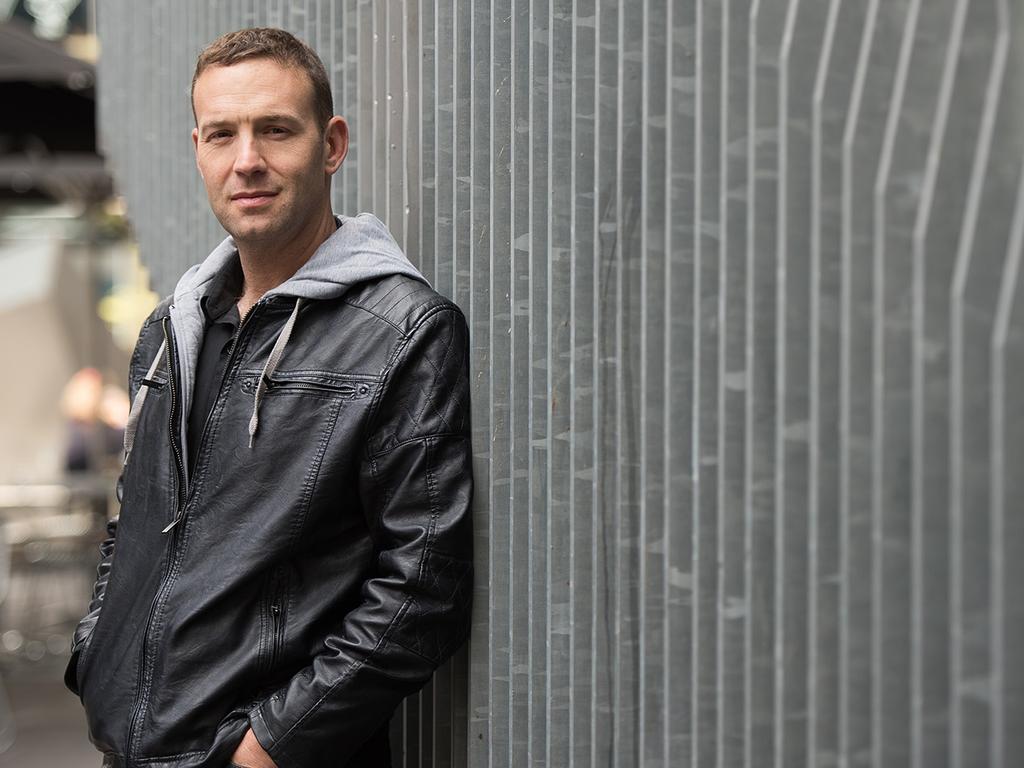
”Whether it’s at work or school, there’s all these moments that are expected of us, and fundamentally we don’t train for them,” he said.
Mr Freeman’s third book, How the Ordinary Become Extraordinary, includes interviews with elite Australian sportspeople including Paralympian Michael Milton, surfing titan* Layne Beachley, lesser known Guinness World Record holders, and their coaches, to understand what “flicked the switch”. Co-authored by Chris Sheedy, the collection includes the guy who holds the record for catching the most arrows.
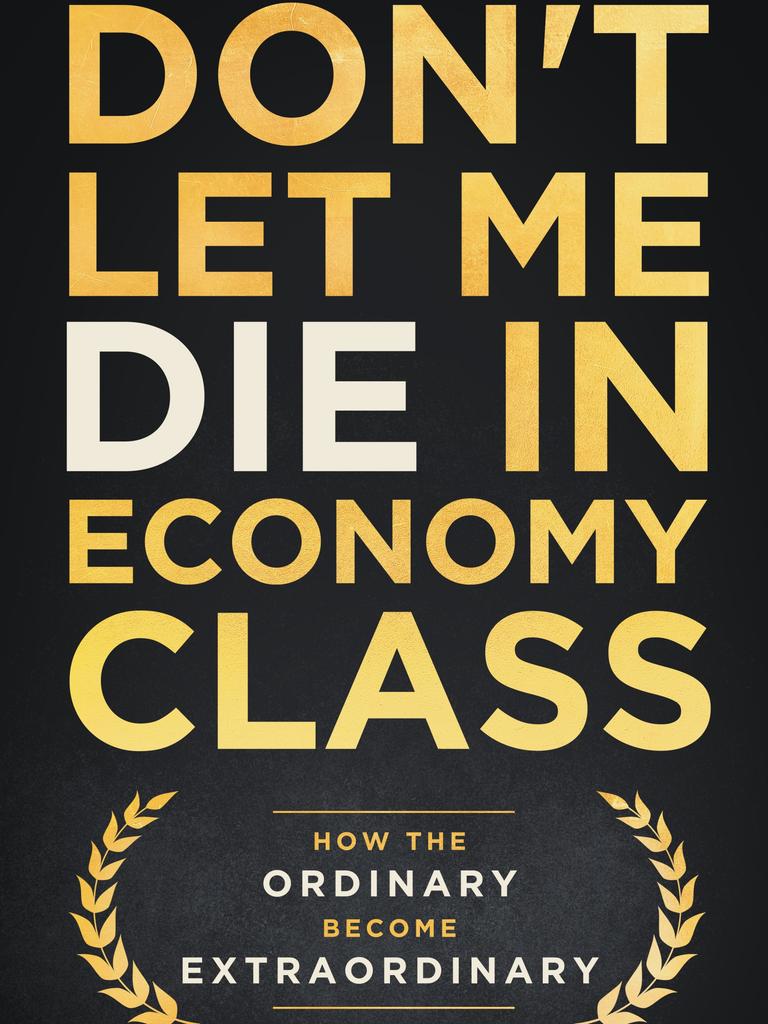
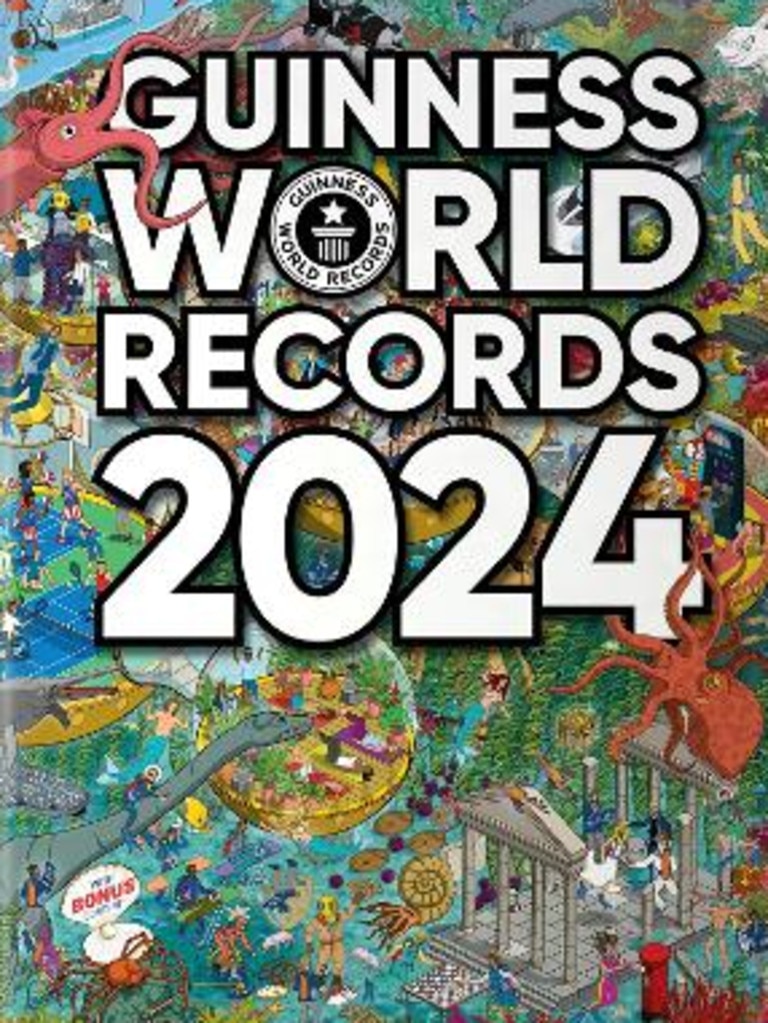
“He’s a support teacher in a school … but he trains every day to catch arrows,” Mr Freeman said.
“If we were able to create that drive to succeed early on, you’ll have a greater proportion of our young kids coming through going, ‘no, I want to be the best speller’, or ‘I want to be the best chemist or physicist’.
“We want them striving to be the best … and we want them learning the skills early on in life.”
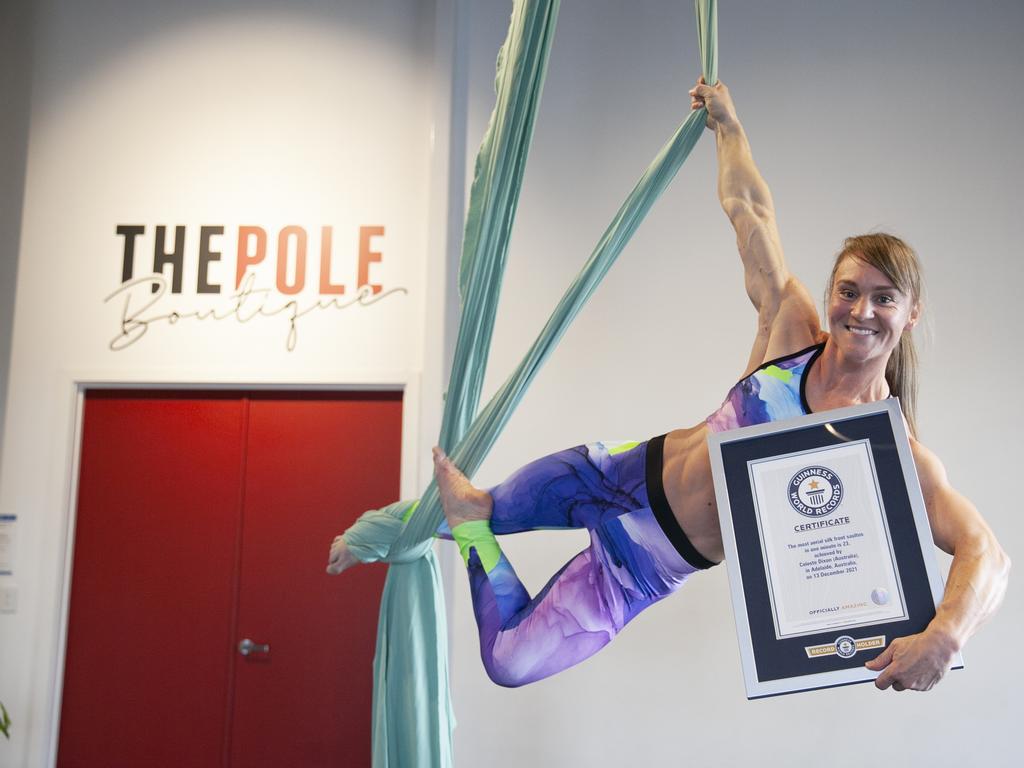
Mr Freeman said as a society we’re “taking away people’s ability to be resilient*”.
“I have an issue with it – I think we should be putting kids under some pressure,” he said.
“I’m not suggesting we put everyone under the same amount of pressure (but) we should create different layers, different experiences and opportunities.”
Mr Freeman said the free, online Prime Minister’s Spelling Bee, run by Kids News, was “great”.
“I think it’s fantastic and I wish them all the best of luck. I hope they learn from the experience regardless of the outcome,” he said.
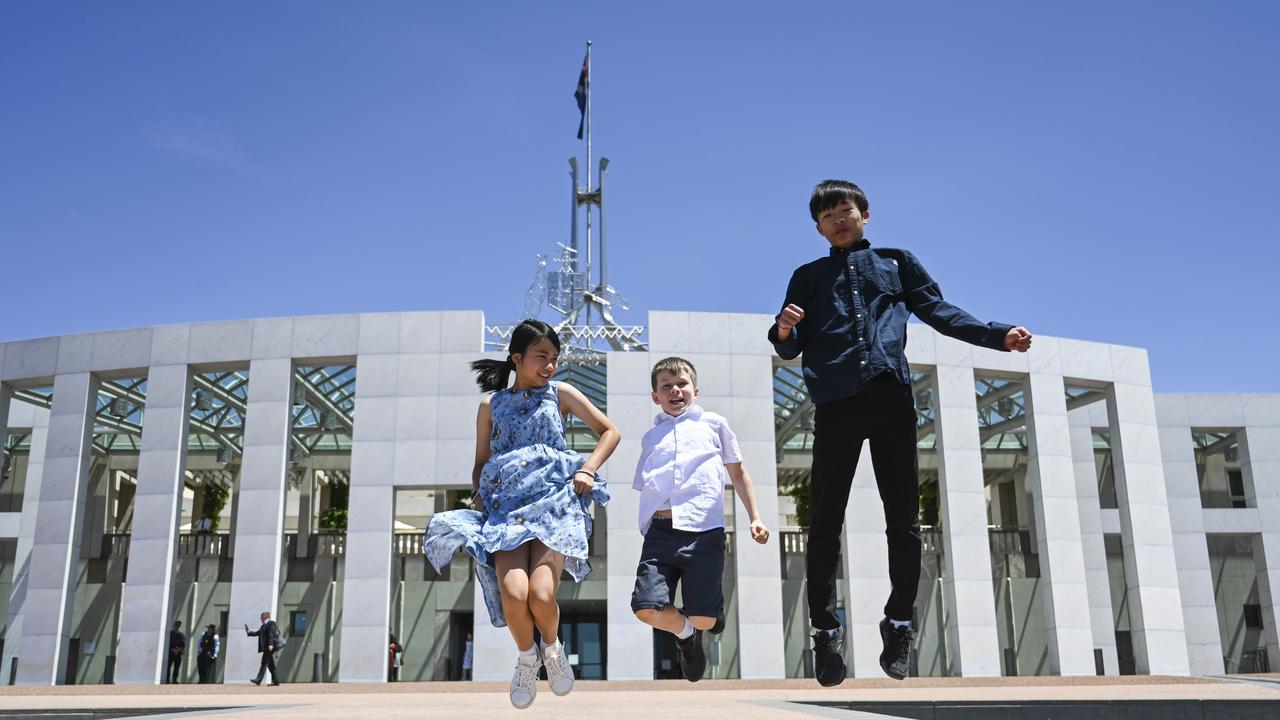
The Australian Curriculum*, Assessment and Reporting Authority (ACARA), responsible for developing the Australian curriculum, includes explicit* phonics* teaching – or training, if you will – as part of its integrated approach to the Australian Curriculum: English.
“The Prime Minister’s Spelling Bee is a great initiative that gives Australian children the chance to showcase their spelling skills on the national stage,” said ACARA CEO Stephen Gniel. “Literacy* skills including spelling are key for all young Australians to develop for success in later life.”
Mum to reigning Years 3-4 PM’s Spelling Bee champion Samuel, 10, Naomi Wright said her son “likes the competition side of it”.
“It validates* him, being good at something,” Ms Wright said. “And he has two brothers, so there’s always a little healthy competition between them.
“I think (he loves) the sense of achievement.”
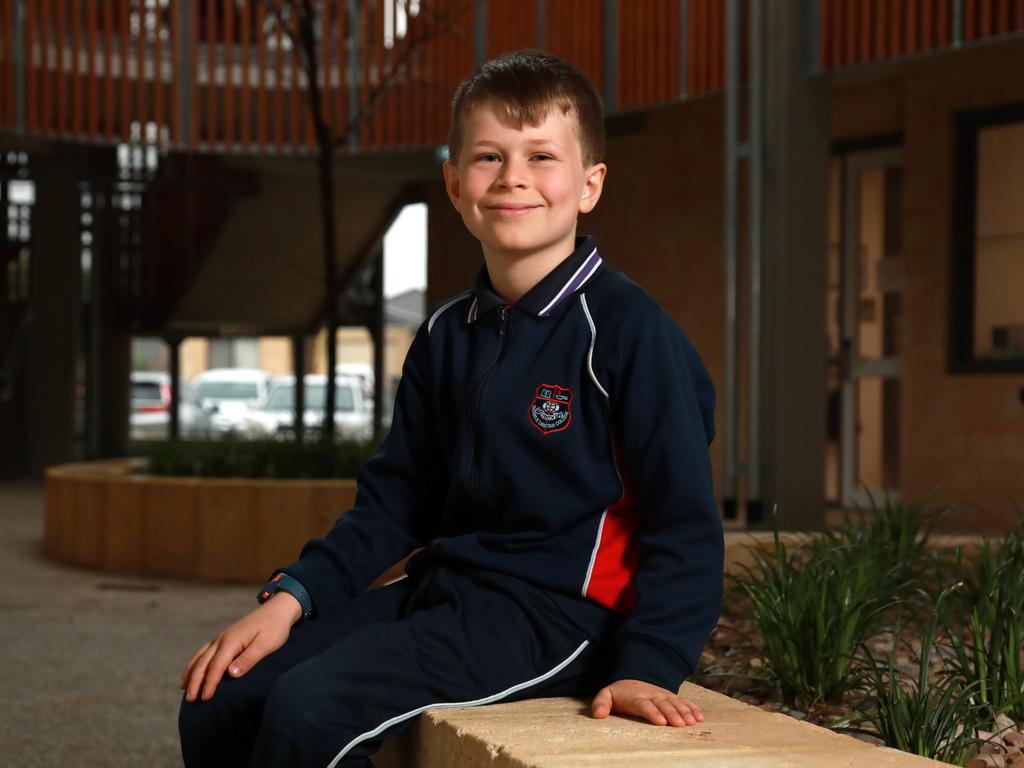
Be it for sport or spelling, training is a central part of the young champion’s practice.
“He is learning more spelling words and working harder this year,” Ms Wright said.
Ms Wright said being a “good sport” was just as important for Samuel as for our Olympians in Paris.
“We try and raise them to champion others, and recognise that everyone is unique and is good at different things,” she said. “Samuel is good at spelling, among other things, so we cheer him on.”
Teachers can register students in Years 3-8 for the free, fun, online PM’s Spelling Bee until August 23.
ABOUT THE BEE
● The Prime Minister’s Spelling Bee is a free, fun online competition for students in Years 3-8.
● Teachers can register students to play now until the national school round ends August 23.
● State and territory finals will be held from September 2-6 and the national finals on September 11-12.
● Students compete at their school in three levels: Green level for Years 3-4, Orange level for Years 5-6 and Red level for Years 7-8.
● They get 30 randomly selected words from their competition level and have 25 seconds to type each answer. The students with the most correct words in the fastest time progress to finals.
● The national champion in each age group wins a trip to Canberra to meet the Prime Minister, an iPad, HarperCollins book pack and a $1000 voucher for their school.
For more information go to: spelling-bee.com.au and kidsnews.com.au
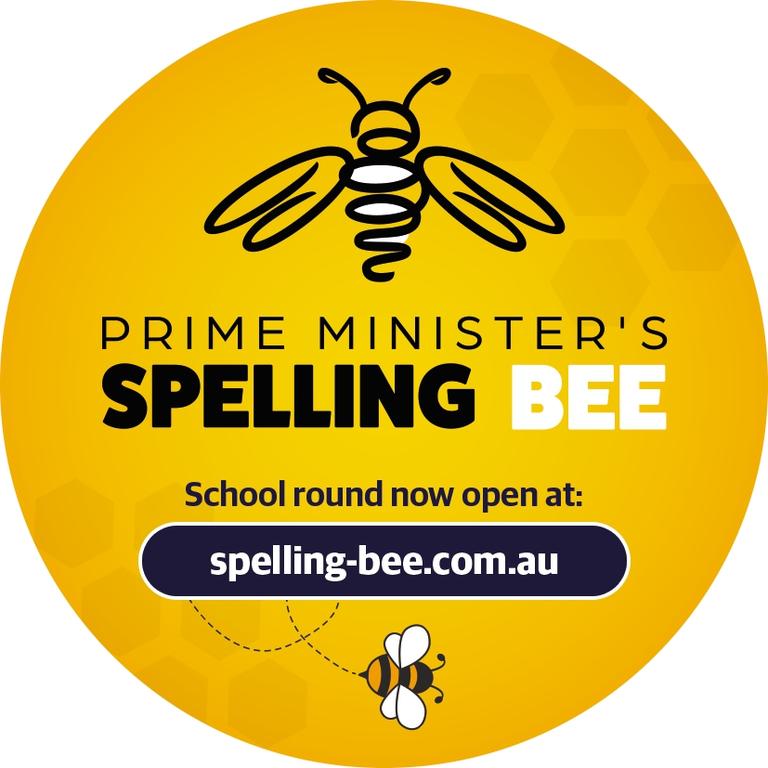
POLL
GLOSSARY
- psychologist: someone who studies the human mind to understand why people behave as they do
- titan: someone very important, powerful, strong, big, clever
- resilient: able to be happy, successful, etc. again after something difficult or bad has happened
- curriculum: what will be taught and what students will do in a program of study
- explicit: clear and unambiguous; explicit teaching shows students what to do and how to do it
- phonics: teaching method based on learning the sounds that letters represent
- literacy: the ability to read and write; ACARA defines literacy as students listening to, reading, viewing, speaking, writing and creating oral, print, visual and digital texts
- validates: confirms or proves something to be true and correct
EXTRA READING
Scam start kids start with ABCs
Is English down the ‘skibidi toilet’?
Get the Paris Olympics Education Kit: the world’s biggest sporting event
QUICK QUIZ
- Teachers around Australia have already registered what number of students across Years 3-8 in the Prime Minister’s Spelling Bee
- Which Australian surfing champion is included in Gavin Freeman’s new book?
- Mr Freeman talks about a man who hold a Guinness World Record for what feat?
- What is reigning national champion in the Years 3-4 category Samuel Wright doing to prepare for this year’s Prime Minister’s Spelling Bee?
- What is part of ACARA's explicit teaching program in the Australian Curriculum: English?
LISTEN TO THIS STORY
CLASSROOM ACTIVITIES
1. Describe your own experience
Describe a situation where you have been under pressure to “perform”. Perhaps it was a sporting event, a musical recital, an academic test or competition ... or another time when you (or others) were hoping for you to do well.
Consider the following questions in your response:
- What did it feel like to be in this situation?
- How had you prepared for the event?
- Did you achieve the desired outcome?
- How did you (or others) react to the result?
- What lessons did you take away from the experience?
- Do you think that being under pressure to perform was beneficial to you at the time or in the future?
Share your response with a trusted classmate.
Time: allow 30 minutes to complete this activity
Curriculum Links: English; Personal and Social Capability
2. Extension
Work with a partner to make a list of at least five strategies that children your age could use to cope with high pressure situations.
Time: allow 20 minutes to complete this activity
Curriculum Links: English; Personal and Social Capability; Health and Physical Education
VCOP ACTIVITY
Conjunctions
Conjunctions are important in connecting ideas in a text and improving its flow. They help to join sentences, clauses or phrases to create a coherent and meaningful text.
Co-ordinating conjunctions are used to connect equal ideas or phrases – for example: and, but, or, so, yet, nor.
Subordinating conjunctions are connecting words or phrases that join a subordinating clause to the main idea. They provide additional information about the main idea – for example: because, although, while, when, if, since, until.
Complete at least two activities from the choices below:
- Read the news article carefully and highlight all the conjunctions used in the text.
- Write down the conjunctions you found and the words or phrases they connect.
- Identify the type of conjunction used (coordinating conjunctions or subordinating conjunctions).
- Explain the role of conjunctions in connecting ideas and improving the flow of a text.
- Write a short paragraph about something you found interesting in the article. Challenge yourself to re-use three conjunctions from the text. Can you up-level them to a higher level conjunction? Does it make the sentence better or harder to read? (Sometimes, the basic conjunction is the best choice).


